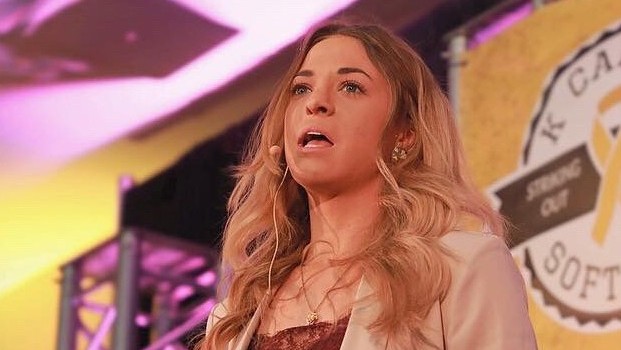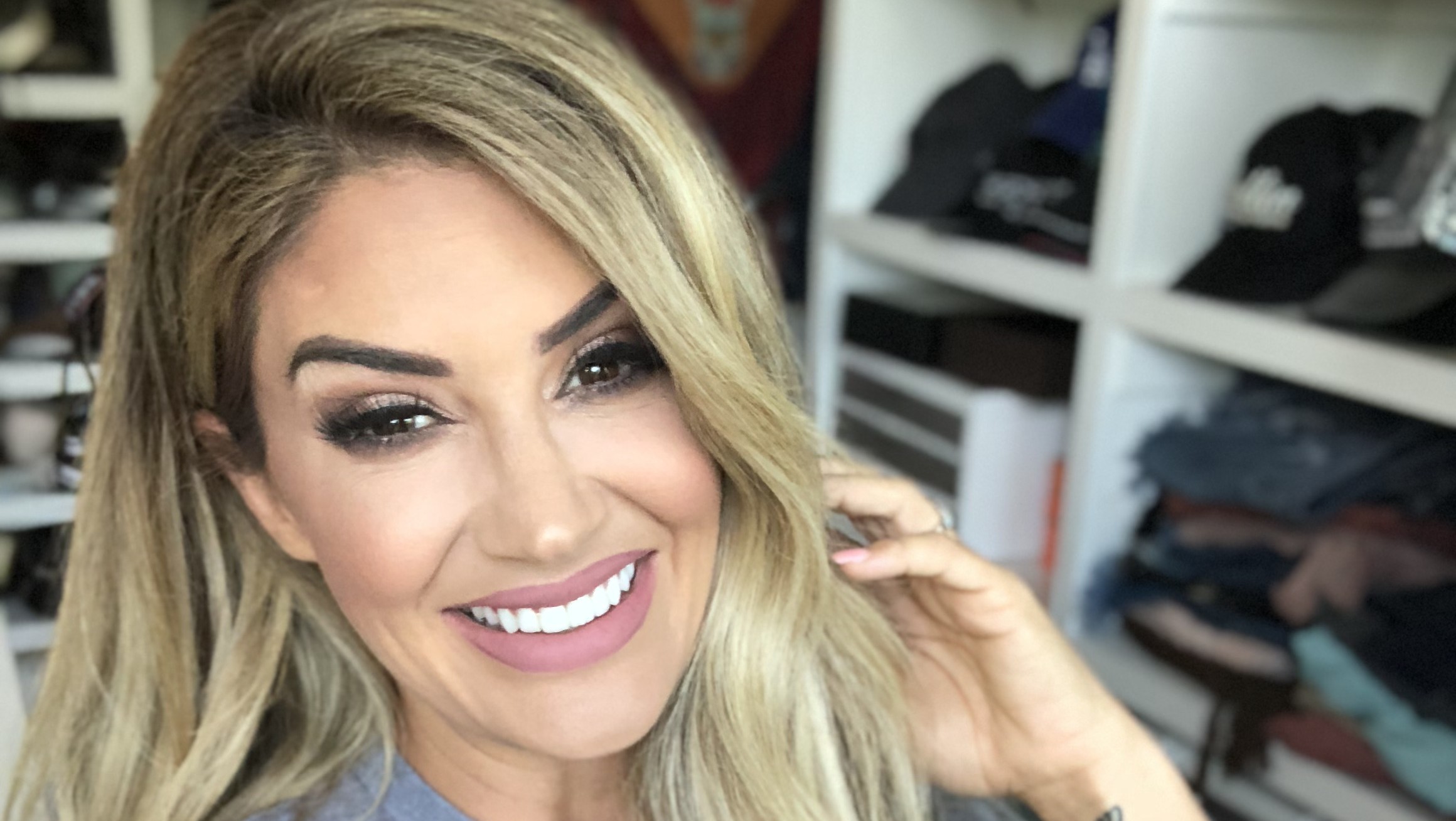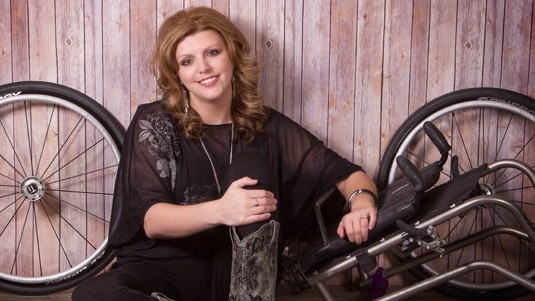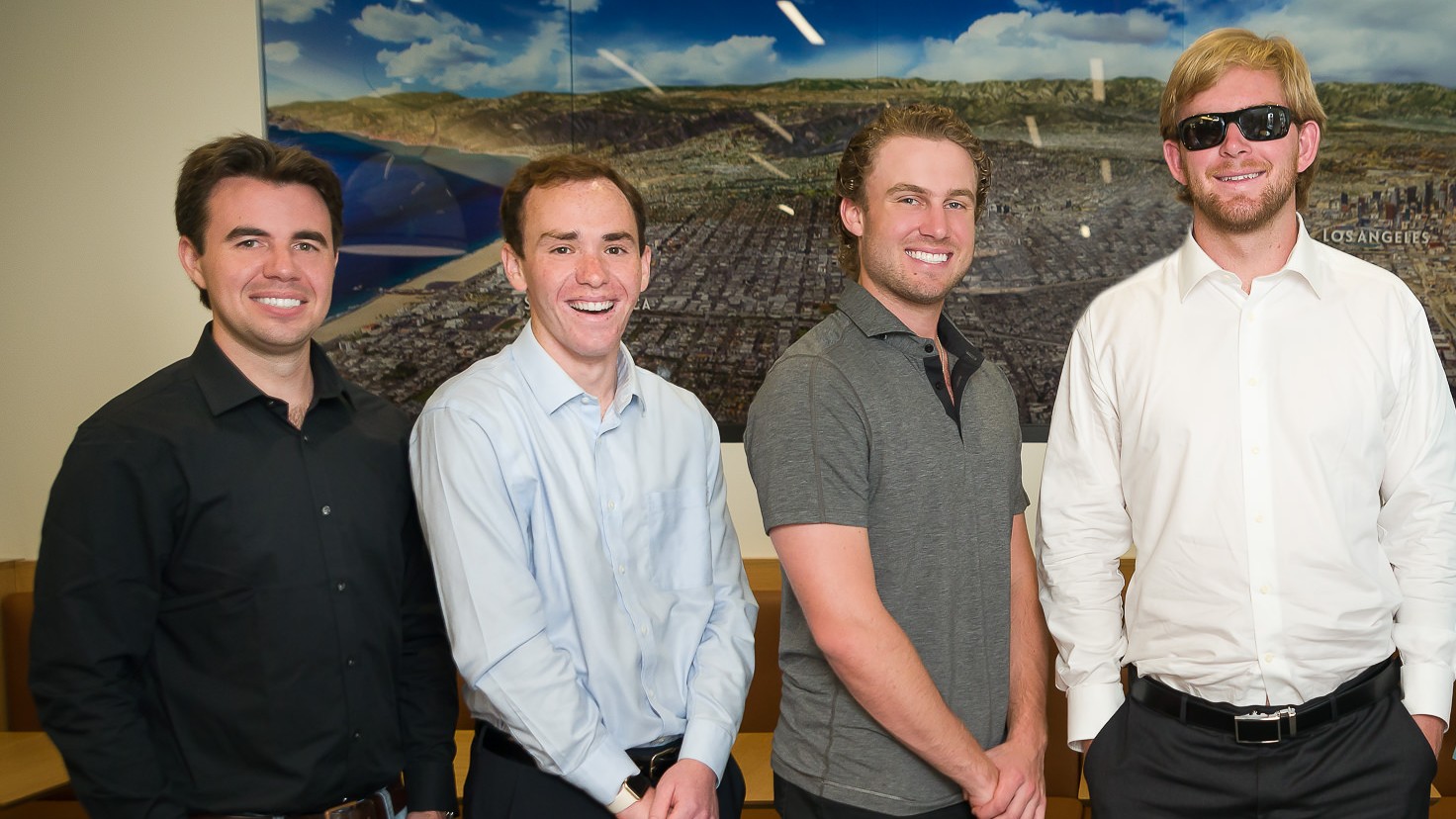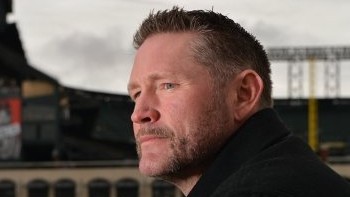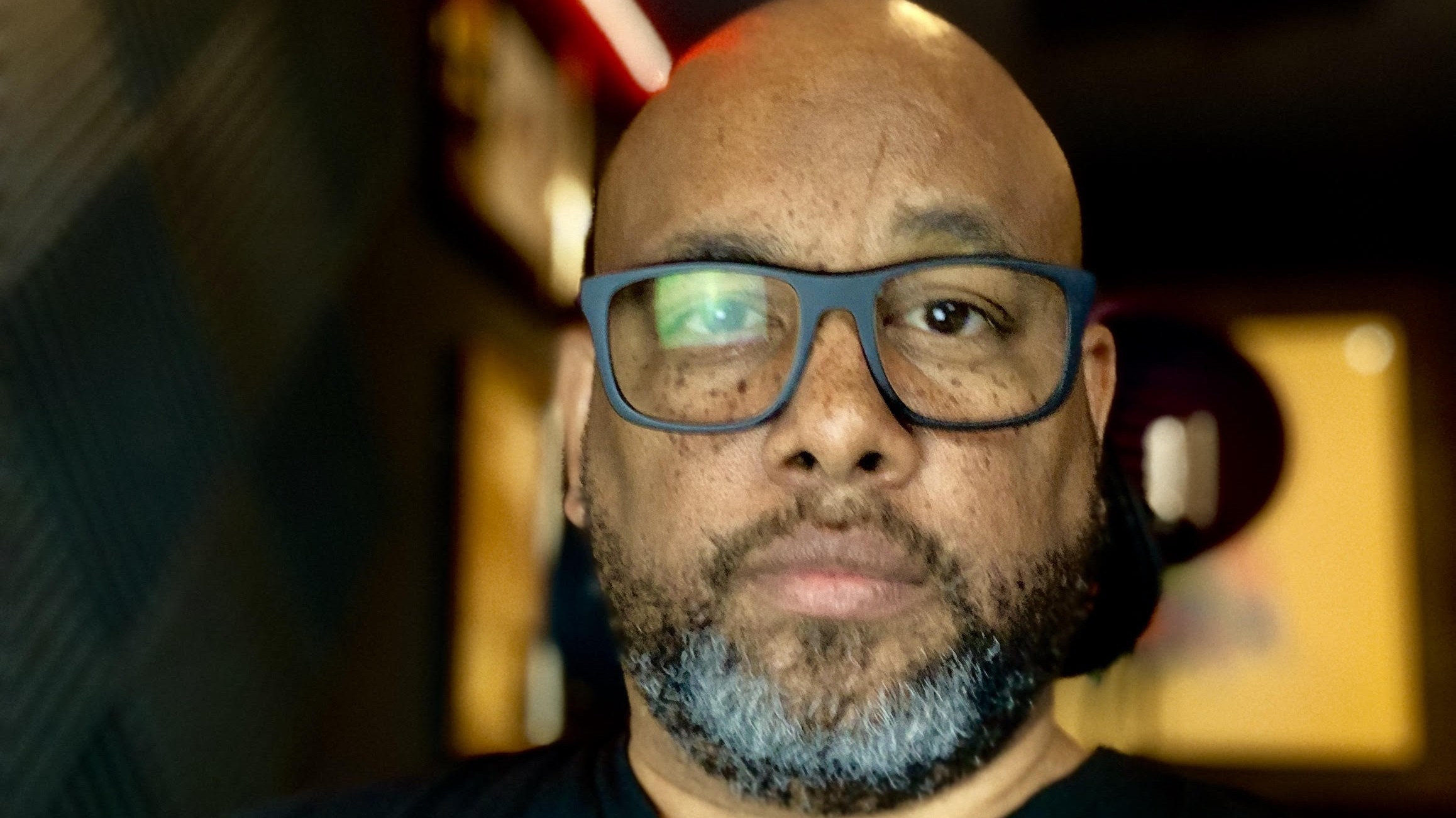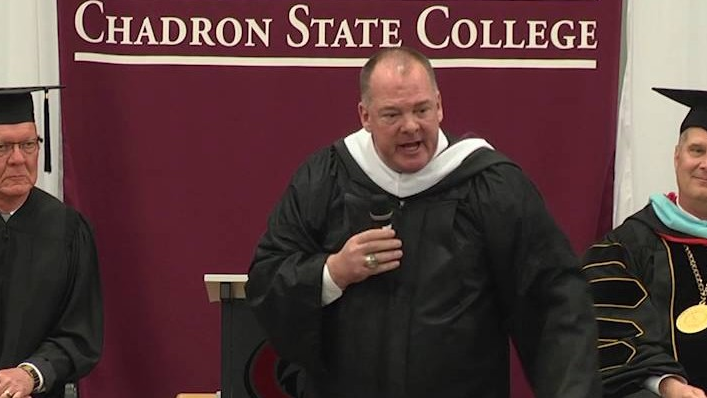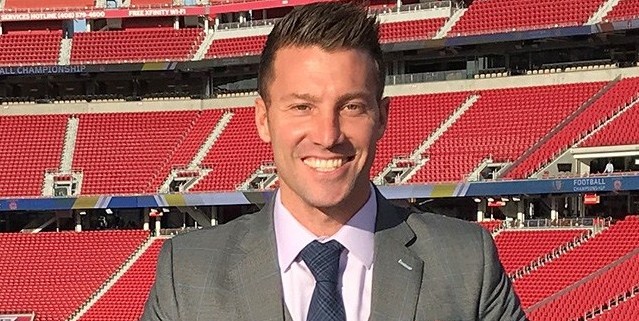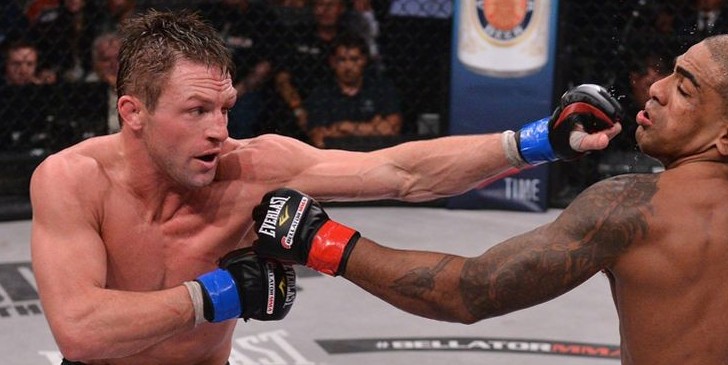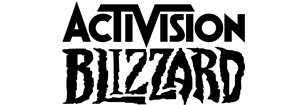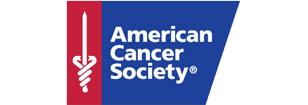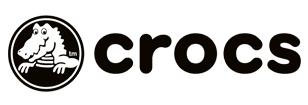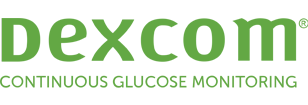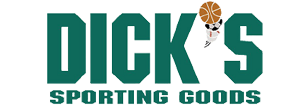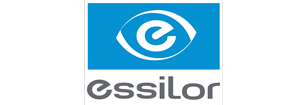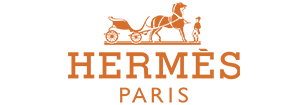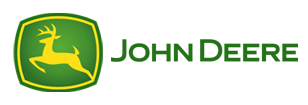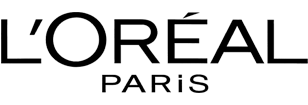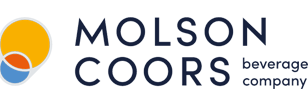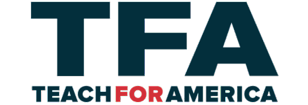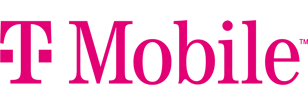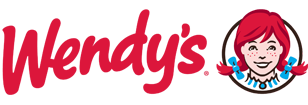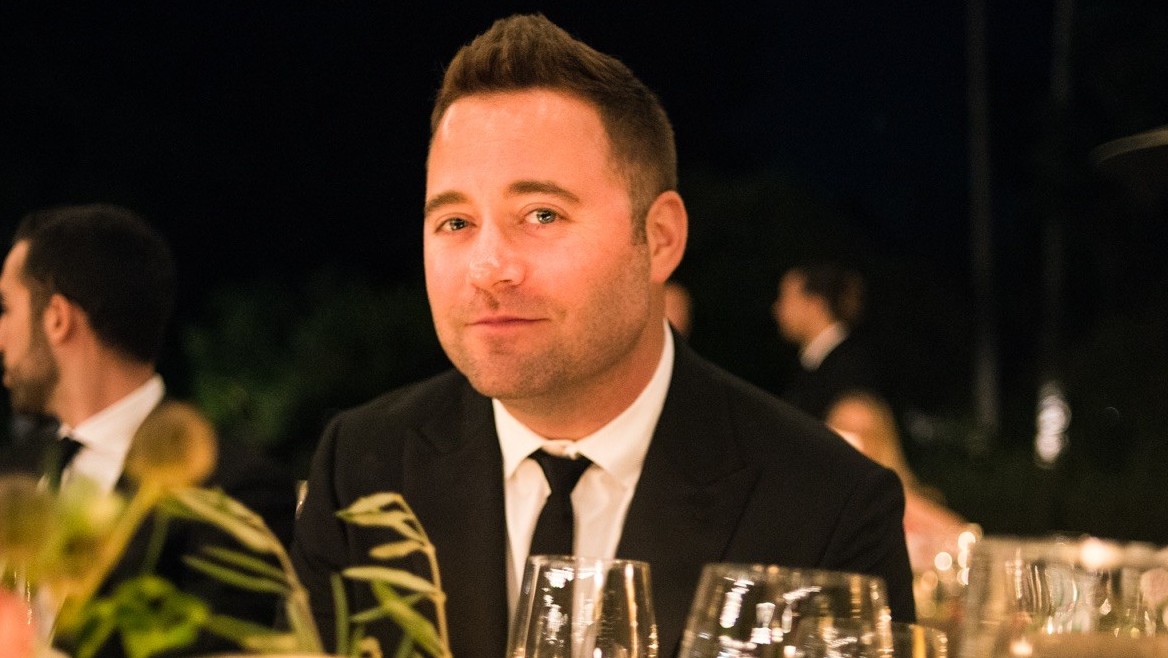
Episode 6 - Making Sports Brands - Michael Ehrlich
- By Brendan Egan
- Mar 06, 2019
In episode 6 of Let's Engage, Jake and Brendan chat with Michael Ehrlich, a sports communication and branding expert, about everything from creating a brand to growing your social following.
Listen along with Michael and for more information or to book him for a speaking engagement or experience, visit his profile on Engage.
--
Jake Olson: All right. Welcome to another episode of Let's Engage episode six. I'm your host
Jake Olson here with my co-host Brendan Egan. We do have our producer and our technician,
although a bad one at that, Daniel Hennes is in the room. We are excited to bring you a guest
today who is close to my heart just because we share cardinal and gold blood together. Um, he
is a pretty, pretty big influence in the whole brand and a marketing aspect of the world. Michael
Ehrlich, thank you so much for joining us today.
Michael Ehrlich: Of course. Thanks for having me and fight on. Of course as always.
J: Yeah, I was gonna say, so you, you went to SC, you got the cardinal and gold in your blood.
Are you, are you frustrated these these days as we are as well?
M: Absolutely. I mean, I'm probably, you've seen it firsthand, so you probably have a little bit
more portrait, but um, you know, the future is bright. You gotta be positive, especially at this
time of year, post signing day and you know, and get ready for spring ball and you know, we'll,
we're, the Trojans are always a strong brand regardless of what happens on field or on the
court. So I got gotta tip my hat to all the folks over there for that and just hope for the best on the
field in the future.
J: Absolutely. So your, your brother played on the football team, correct?
M: He did not. I actually don't have a brother. So, um, but I'm a big fan. I was there from 02 to
06, so certainly the, the glory years and saw quite a bit of epic matchups and, and uh, I'm still a
still a very big supporter of the squad.
J: Wow. You were there during the, uh, the glory days indeed, man. I was growing up during
those days and it was, it was, it was a lot, a lot of fun. I'll tell you that much. It's still. What got
you into PR then from SC? What you, what you majored in, uh, what'd you major in it? How'd
you get into PR?
M: Sure. Yeah. I mean for, for all of my life, sports has been the center of everything. And you
know, even growing up in elementary school and Middle School, I infused sport into everything
school wise, um, much to the chagrin of a lot of my teachers, but I knew going into SC of the
amazing opportunities to supplement my in classroom studies with amazing sports and
business opportunities. So I came to SC actually as an English major, um, and I quickly after my
first semester was like, wow, this is a lot of reading and writing of sort of old English text, uh,
maybe not for me, but I was able to explore a few different majors and ultimately found
American studies and Ethnicity, which most people don't know what that means. It's basically
the liberal arts curriculum. And I was able to pick and choose courses and every school at SC.
So it was basically the best of all worlds, film, music, business, sports, communications, poli-sci,
et cetera. So I basically built my own curriculum, taking the best of what SC had to offer. And I
supplemented that with sports PR, brand marketing experience, everything from working in the
SID office to working for the NBA Summer League when it was based in Long Beach and
ultimately my senior year working for the La Lakers in their PR division. Um, I never really was
looking solely at public relations, but I just love the news cycle, the storytelling mechanisms.
And if it was, you know, the start of social media, Facebook came around when I was in college
and ultimately after college, Twitter popped up. So I was like, wow, there's, there's something
here between traditional storytelling, this social media thing and athlete brand building.
J: Absolutely. Absolutely. You were, you were smart to get into that, that's for sure. Especially
right there at the beginning stages. You sound smart, man. You're doing a lot better job here at,
it sounds like at SC then than I am. But uh, so you, you grow to the top of the Adidas Pr, right?
M: Yeah. So I, I'm in Los Angeles. I worked for their PR agency for three years and then moved
in house and moved up to Portland for six years. Um, ultimately becoming director of public
relations for Adidas US. So I worked across all sport and style categories, everything from
basketball and football, all to all of the originals, business action, sports, fashion, et cetera. Um,
and it was, it was challenging personally cause I was surrounded by Ducks and Beaver fans. So
being one of the few SC folks up there, uh, it was certainly a challenge socially.
J: So did did you work directly with, with athletes then?
M: I did, yeah. And that was always my favorite part of the job was really getting in front of
athletes and their agents and managers and teams and really educating and empowering them
to tell their story and build their brand through an Adidas Lens. Um, obviously, you know, every
brand wants their sponsored athletes to push product and marketing and event sponsorships.
But I was really focused on how can we tell his or her story authentically and organically, but
with an Adidas Lens on it, um, to really focusing on their own vernacular, their own lens, both
physically or both literally and figuratively through their camera and through their sort of point of
view. And that was always my favorite part of the job. Of course I worked on different shoe
launches and events, sponsorships, but really working with the athletes across all sports, um,
both of US and global. It was an amazing experience for me and really shaped sort of what I
wanted to do next in my career. And ultimately moving back to Los Angeles and focusing more
on the athlete side of the business.
J: Did you ever work with any divas?
M: Uh, of course. I mean every, every brand, every company that works with athletes or
celebrities or entertainers, you know, that you, you certainly have challenging partnerships and
conversations. That's, that goes without saying across any industry. Um, but it really is, for me,
it's all about education and a lot of these folks, depending on where they are in their career, you
know, a lot of the younger athletes grew up with social media, so they're, they've built their own
narratives and their, their own brands throughout their high school and college careers already.
So really getting in front of those folks is a little different than, um, a veteran or a player who's
been in the League for, for quite some time, but doesn't really understand or appreciate the
value of social and storytelling overall.
J: Well it seems like you’re a patient guy. So you could probably deal with that. Just the sound
of your voice and your kind of character. I, I would get a little fed up with that I think.
M: Oh, I'm sure. Absolutely. But you know what's, what's so funny is, you know, I don't take any
of that personally and a lot of what I have done in terms of educating and empowering athletes
is really going back to the numbers. You know, you could not like me, or not like what I'm
saying, but the numbers don't lie. And especially when you're using a third party resource or um,
you know, looking at analytics or data, that stuff doesn't lie. So you could not understand or, or
agree with what I'm saying. But if I show you a graph or some analytics or some charts, it's hard
to fudge the stats there. Right. All right. One last question then I'll turn it over to Brendan. Uh, so
I'm sure with PR, you know, conflict can, can definitely come about, um, crisis mode and
different things and sometimes that can be the most interesting time of the job. I'm wondering if
if, if you had any crises when you were working there or if not, I mean kind of today, how Adidas
is, what like what would you be doing with this kind of college shoe deal slash you know, I
embezzling slash you know, bribing scandal?
M: Yeah, I mean there's always crisis communication, um, no matter where you're working and
in any function or sort of any industry. I certainly dealt with my fair share of, of corporate and
crisis communications situations. Everything from product defects to, um, worker rights, some of
our factories to athletes getting in trouble, to executives getting in trouble. So it's, it's all a really
holistic experience from a crisis standpoint. And for me, honesty is the best policy and I think
that can be, um, you know, used internally and externally. You know, if you're trying to, if you're
the PR voice or the spokesperson for a company in any industry, it's really important for you to
get the story straight and the honest facts before you go out and share it with the public. So I
think that's definitely the first step of dealing with any crisis and just really being proactive. A lot
of times you have to sort of wait for internal decision makers, but the news cycle today is so fast
and you know there's, there's no real hard deadlines anymore. News breaks 24/7 365 so the
quicker and more mobile you can be from a crisis communication standpoint, the better your
brand is going to look. You know, if you're waiting around to make a statement and everybody's
reporting different topics and news on Twitter, you know you're going to be behind the news
cycle. So it's really important to get out in front of news. Having open and honest conversation
with your internal stakeholders and just be proactive from an external standpoint.
Brendan Egan: That's awesome. Michael. Michael as a fellow, a marketing nerd, a, I can't say
that my clients are quite as interesting as yours in the sport world. Uh, no offense to my clients.
They're, they're great paying people. But talk to us a little bit about what's it like working with
specifically with, with athletes, with colleges, with, with professional sports brands. What are
some of the unique challenges that you face with them maybe that you wouldn't see in other
industries? And what are some of the things that make it fun and rewarding?
M: That's a great question. I mean, athletes today are so different than they were 5, 10, 15
years ago. And I think that has a lot to do with the accessibility that they have with their fans,
with brands, with other athletes as well. And I think that's at the heart of it all is social media.
And I think it's, it's certainly a benefit, um, from a brand perspective, from a marketing point of
view is, is really the opportunity to tell stories easier, more authentically and more sort of
internationally. Um, there are really no reasons for any athlete not to be well known in their city,
in their state and their in their country and in their region. But I think that also poses challenges
as well, especially when you're dealing with athletes as they start their professional career from
a representation standpoint, you really want them to focus on their craft and being the best that
they can be and focusing on what they do on field and on court so that they can have a long
lasting career. As we all know, the lifespan of an athlete, especially in football, is so small that
the opportunities outside of your sport, it really depends on how you do go on field and, and how
you make the most of your time in uniform and, and on, on fields. So it's really a balancing act
from a marketing and a representation standpoint of giving your athletes the time and space
and, and um, opportunities to really focus on their craft, but at the same time empowering them
to tell their story and to build their brand. And I think athletes today are way more receptive to
the narrative process to the, the social media scope of work because they grew up on it. As I
said earlier, you know, as we all know, as we, you know, we just got through signing day, a lot
of these recruits have more followers and more social clout than a lot of the schools that they
are signing to play for. So these kids today are brands organically and authentically as they
grow up. And I think consumers and fans today similarly are way more brand conscious and
brand aware, especially on social media because everybody's building their own story and their
own brand on social. So if they see an athlete post something that is inauthentic to him or her
and looks different from everything else in their feed, they're going to call BS. And that's really
going to raise a red flag for them in terms of their authenticity as a brand advocate, as a brand
ambassador. And more than anything as sort of a role model athlete.
B: That’s super interesting. And it kind of turns my next question on its head a little bit. So I'm
curious to hear your answer to this Michael is. So when you're dealing, you know, and in my
experience, not in the sports world, just in the marketing world and you know, when you're
dealing with a brand that has a good following, has name recognition, is maybe a household
brand and that translates over to the sports world where you're dealing with a professional
athlete, a big name, uh, a professional team themselves know you kind of have this, this big
microphone to work with, right? But when you get down into some of the smaller, you know,
collegiate level, some of the minor league affiliate teams, you know, some of the smaller teams
that maybe don't have quite as much of a microphone, um, you know, obviously it becomes a
little bit more challenging to, to grow that audience. So, you know, what you just said is super
interesting to me because a lot, you're exactly right. A lot of these prospects and, and up and
coming players, you know, they, they have a huge following if not as big, almost bigger than
some of the schools are going to. Um, but what are some tips for you? And like what are some
things that you experience day to day, you know, just in terms of growing that following, growing
that audience size, you know, what are some of the challenges and the ways that you guys
overcome them? You know, tactically just in terms of getting the biggest microphone that you
can get and growing your audience and getting that word out there?
M: I mean, every athlete's different, every sport is different. And I think regardless of what you
play and sort of what level you play it at, I think the key is authenticity and really taking the time.
And I tell this the student-athletes, I tell this to students, um, you know, it's a lesson that can be
used across every industry and not just for athletes or public figures is it's really figuring out
what differentiates you amongst your peers. And that can be on your team, that can be in the
classroom, that can be in your school, whatever it may be, whatever your arena is. It's all about
determining what makes you different. And if there's nothing that makes you different, it's finding
that, finding that differentiator, if you have a passion outside of school or outside of sport, build
everything around your brand. To that point. And I think you know, a lot of these minor league
players or um, unique sport or individual or team versus team sport athletes, I think they have
the opportunity to really break through that clutter and, and become an influencer or an
ambassador for a specific field or passion outside of their sport. And I think the more that the
more time and space and, and mind space that you allow yourself to really figure out what that
differentiator is, the easier it's going to be to market yourself and to tell your story in the future.
So it's, it's a tough proposition because you really have to look in the mirror both figuratively and
literally and figure out what it is that separates you from your teammates or for your classmates.
But at the end of the day, taking that deep dive and putting the time and effort in is going to
make everything else from a marketing perspective down the line much easier.
B: I totally, totally agree. Michael, let's, let's have a little fun. Let's, let's play, let's play a little bit
with that. So, so, you know, I think sometimes it's easier said than done, right? And you know,
it's, it's easy to go to someone and say, Hey, figure out, you know, what makes you unique?
What sets you apart? Um, you know, someone, you know, let's just take a, a sophomore or
junior at SC on the football team as an example, right? So you're standing there among, you
know, 40, 50 of your peers are kind of looking around. You kind of all look the same. You're all
football guys and you're trying to figure out, hey, like what sets me aside from these guys, what
makes me unique? Like where, where do you start that journey? How do you start that process?
Like, what are some tips that you could give to our listeners? Um, you know, that, that, that are
either, you know, in the sports world or even outside of it that just want to kind of identify what
makes them unique, find that? Is there a process that you take your clients through or how do
you guys go about exploring that and figuring out what makes them unique?
M: For me, I'm a big, I'm a big list guy, um, with my daily chores or tasks or meetings and I just
love, I'm a tactile learner. So the more that I write or list of things out, the more it absorbs for
me. But when I'm talking to an athlete or a student, um, and I, it's, it's really about taking that
deep dive and, and again, figuring out what makes you different. A lot of athletes, especially the
younger ones today that I've talked to or worked with, they sort of say the same thing. It's like
outside of basketball or football or baseball. “I love music. I love fashion, I love food.” And it's
like, all right, those are a great place to start. But they are so common in terms of passions
outside of your craft that, excuse me, it really is all about finding that one unique differentiator
and it's, it's, it's challenging and I think a lot of athletes today need the help and assistance of a
manager or an agent or representative to really break through that clutter. And, and at the end
of the day just really have a unbiased opinion and point of view on what makes you different.
You know, I could, as a communicator, as a sports marketing executive, for me, it's hard for me
to figure out, okay, what makes me different from the guy at the office next to me or, or a a
competitor. But having someone on your team that is not you and can really have an unbiased
look at sort of what your proposition is, the fashion that you wear, the music that you listen to
you, the car that you drive every, every of these touch points, every one of these touchpoints is
a potential differentiator. So I think it's really looking at the holistic proposition of what makes
you you. And a lot of times it takes someone that's not you to figure that out for you and really
help inspire creating a brand map and figuring out what your differentiator may or may not be.
Right.
B: Shameless plug for Michael because Michael I 100% agree with that. I think that's the, you
know, the, the best piece of advice that you can give to someone as it's so much easier to, to
look into the mirror with someone that's not you next to you looking in that same mirror and
figuring out what that is. And a lot of times, Michael speak a little bit to this. In my experience,
it's not, it's not always just figuring out what makes you different because like you said, you
know, whether it's “I like music, I like food or like whatever.” You know that, that's too broad.
Those are really broad strokes. There has to be something more specific and concrete to it. And
then more importantly than that, you need to figure out how do you bring that to life, you know,
through your social media, through your content, through the way that you talk to people, you
know, how do you incorporate that deeper into your life? How do you, how do you work with
your clients a little bit? So once you discover that differentiator, what's the process that goes
into actually kind of crafting their brand and, and creating their persona kind of around that
differentiator?
M: Yeah, I mean I think that is the hardest part, right? It's figuring out what makes you unique
and what makes you different. And then I think from there, putting together a brand map or a
brand plan, a nice tongue twister, focusing on all right, each point from a marketing perspective,
from PR, for social, from events, for community work, it all has to tie back into that main
differentiator. So I think once you have that unique proposition, the rest is easy. You know, if, if
you're focused on music, uh, obviously that's a broad example, but everything that you do on
social, through your media interviews every time. If you're on camera, how you dress, how you
present yourself on field, on court, what you do before a game, what you do after game. It all
has to go back to music. And I think the key points, regardless of what your brand differentiator
is, it's consistency and its frequency. Um, you know, the, the more frequent that you can be
posting or talking about your differentiator, the more it's going to stick and the more consistent
you are in doing that, the more it's going to be your brand differentiator across the marketplace.
You know, if you look at professional athletes today, you look at the guy like Damian Lillard.
Speaking of music, you, if you ask anybody in the media or an NBA circles or an NBA Twitter,
how does, how does Damian Lillard differentiate himself off the court? The first thing that people
are going to say is, oh, he's the best rapper in the NBA. And I think that's calculated, but it's also
authentic to him and everything that he's done throughout growing up and in college and
throughout his career, it's all geared back towards music. So I think that's certainly the ultimate
goal and the North Star from an athlete professional example. But everything that you have to
do has to go back to what is your brand differentiator.
B: I'm gonna throw it back to Jake. One more, one more quick question slash point Michael, I
just want to get your perspective on this. So, so actually I'm gonna, I'm gonna use Jake and use
you as an example. So one of the cool things that, that I've been privileged to watch is Jake
grow his following and grow his brand and grow his social, uh, you know, network. And you
know, what's most interesting, Michael, is that, you know, obviously I think it's pretty easy, Jake,
Jake's and easy one, right? I mean, his differentiator obviously is that he's blind and he's a
football player and he's doing all these amazing things, but, um, you know, just posting about
that isn't always enough. And what's really so interesting to me, and it's just a testament to, to
the process that you outlined, is when Jake does something that people are just blown away.
How could a blind person do this? Whether it's driving a NASCAR race car, whether it's playing
golf, whether it's jumping off of a high dive, you know, snapping a football, you know, that is a
differentiator. It's not, it's not just the fact that he's blind, he's blind and he does all these
incredible things. And, um, you know, I think that just reinforces everything that you just
mentioned is that it's not just having some broad stroke differentiator. Like I like music or I like
food, but it's actually figuring out, you know, how does that tie into you as a brand and how, you
know, what are unique and interesting ways that you can make that work. So, um, so yeah, I
personally have witnessed that firsthand with Jake and I think it's an incredibly powerful way to
grow your brand and to, to get a larger following out there.
J: Brendan I thought you got all my complimenting out when you interviewed me.
B: Uh, I thought so too, but, but a couple episodes later, here we are again, Jake.
J: Go ahead Michael.
M: I mean, I think what you do well also is infuse personality into all of your posts. You know,
these are not static, boring corporate posts. Like you're having fun, you're a college student and
a college student-athlete, and you're showcasing your personality and your humor and your
style into these posts. So I think that is also something key to note from a, an athlete or from a
student perspective is, you know, these are your channels. This is your brand. A lot of times
kids today think of social media as just, you know, being trolls, or jumping into conversations.
But employers look at this stuff. Brands look at the stuff and you know, I tell so many student
athletes today, it's like build your brand, especially on social while you're playing and while
you're wearing the USC uniform and helmet, because chances are you're not going to play in
the league. But any brand, any corporation would love to hire a brand ambassador or an
employee that has a strong social clout and a strong personal narrative and personal brand,
especially if they're coming from a powerhouse like USC or having that student-athlete
mentality. So it's not just about getting to the league and and all that stuff. Like use the time to
build your brand just in case that doesn't happen.
J: Michael, as someone who obviously is, you know, trying to grow his social media influence, is
there, just like from an analytics standpoint, is there, you know, three I guess bullet points you
can highlight where post at this time or don't have this in your caption, make your caption this
long. I mean, is there, is there a certain analytics that you've seen over the years in your
profession that you could maybe share on this podcast?
M: What's so unique about social and PR and brand building and the fusion of all of that, is that
it changes every day. So I can tell you something that I've thought was a key learning or a case
study that worked last week and it might not work anymore. And that's what's so exciting but
also so scary about the entire social media narrative, brand building proposition. Um, and you
know, what I learned from my time at Adidas is that you really have to treat each platform as
their own news mechanism. You know, the content that you post on Twitter, it should be very
different than what you post on Instagram. And I think the strategies around that, the copy, the
timing, the call to action, if you have any, I think it all is unique to the platform, into the
community and athletes today, they look at the entire holistic community that they have. It's like,
all right, I have 10 million followers total. Well, you need to look at each platform individually.
That's their own culture, that's their own community and you should curate and create content
specifically for those platforms and having a um, Instagram lens on your strategy versus a
Twitter lens and, and vice versa. I think the timing, the type of content, the call to action, all that
is so specific to each of the platforms that I think it's an exciting but also a daunting task for a lot
of student athletes today.
J: That’s very good. Very good. Uh, let's talk about your think tank and podcast, Brand Food
tells a little bit about that.
M: Sure. So my partner in crime, Jeremy Darlow, we came up together at, at Adidas, he ran
marketing for football and baseball. I ran PR for all of the sport and style sports. Um, and about,
let's see, it was June, 2017 we launched Brand Food as a digital think tank geared towards
sports marketing. And more than anything, it was a passion project for us. We really wanted to
create a digital community, where like-minded marketing nerds like us and could brainstorm in
real time. And we wanted to create an environment where we inspired further inspiration. So
Brand Food at the end of the day, it's basically an idea blog or an idea, a website where it's a
subscription based model where we post 200 word concepts or ideas or opportunities about
anything in the marketing space as it relates to college athletics. So we've written about
Coachella, we've written about everything from, you know, Jay z to, you know, pulling items
from film or from comics or from politics and really how you can leverage opportunities and
inspiration from those worlds geared towards college athletics. And we brought in a media
members, we've brought in former athletes, we brought in, um, college athletic administrators,
um, social directors, everybody to give a unique perspective on the college marketing space
and how we can inspire additional inspiration. It's been an amazing opportunity and a project for
us. Certainly a passion project. And just recently we expanded that to podcast form. Um, so a
few weeks ago we launched the Brand Food podcast, which is a little different from the think
tank in that we analyze and rank athletes, coaches, and teams by brand strength. So we, we've
been arguing about this for years in individually about who's got the stronger brand, um, you
know, Reggie Bush or Matt Leinart for example. And we've always, you know, argued about
teams and coaches and, and, and corporate brands. So Jeremy and I decided, all right, we
finally got to put this on tape and get this out to the masses to more than anything, educate. But
at the same time, again, really going back to our passions of just discussion and debate and it's
been a fun proposition. We just dropped one, uh, this week about the NBA all star weekend and
ranking the top personal athlete brands in slam dunk history. Um, and beyond that we talked
about how the league could fix the NBA dunk contest and sort of our proposition or our picks
and perspectives of, of this weekend's contest. So we wanted to do something different, um,
both from a think tank standpoint and from a podcast perspective. And at the end of the day, it's
all about education and inspiring additional inspiration.
J: That sounds, that sounds really, really, really good. Cool. Where can people find that?
M: Yeah. So if you go to a brandswinchampionships.com, you can find the think tank within the
experience there. And our brand food podcast is on iTunes and Spotify currently. That was
awesome. Well, I got a co-host here. That's a marketing nerd himself. Maybe that's say a
community you’ve been looking for Brendan.
B: It must be. It must be. I've been lost for years and I'm glad to find my people.
J: Hahahaha Well Michael, we know that obviously you love your work and your profession.
You're at your very, very good at it, as is evident by speaking today. Um, we know that you
speak and consult and we appreciate you being on our podcast today. You can find Michael on
letsengage.com. Again, he is obviously a brilliant minded marketing man. He loves to speak and
consult and it would be really, really, really helpful for anyone out there who is in need of such
advice. So we thank you again, Michael, for being on our podcast today. We loved having you.
Please visit www.letsengage.com if you want to book Michael for an experience as well as all of
our other talent that you can find on our platform as well. We thank you for listening today for
another edition of Let’s Engage.

